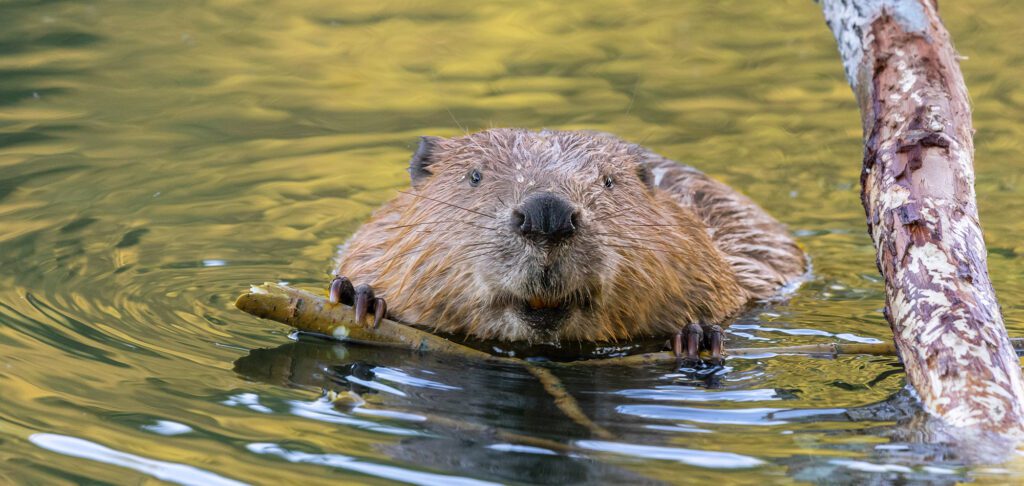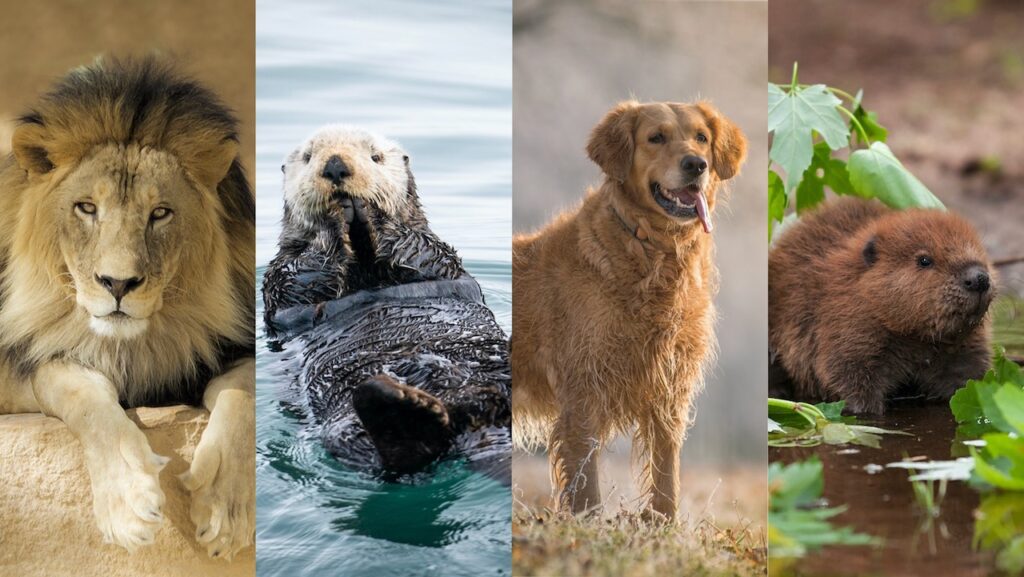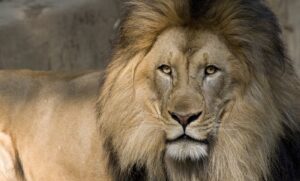
What is the Beaver Animal Personality Type?
The Beaver Animal Personality Type follows the rules. They read instruction manuals. Beaver-type people are great at providing quality control in any situation or field that demands accuracy, such as accounting, engineering, etc.
Because Beavers feel rules, consistency, and high standards are essential, they are often frustrated by others who do not share these characteristics. Their intense need to maintain high, usually unrealistic, standards can short-circuit their ability to express warmth in a relationship.
Beaver Characteristics
- Meticulous
- Sensitive nature
- Well-mannered
Basic Disposition
Works with Existing Circumstances to Promote Quality/Service.
- Slow-paced
- Task-oriented
Decision Making – Reluctant
- They will avoid making decisions.
- They need lots of information before they make a decision.
Motivated by
- Correctness
- Maintain quality
Basic Desires
- Get it right
- Stability
- Low risk
- Clearly defined tasks that require precision and planning
Needs
- They need security.
- Gradual change and time to adjust
Fears
- Criticism of Work or Performance
- Making Mistakes
Strengths
- Accurate
- Analytical
- Detail-oriented
- Thoroughness
- Industrious
- Orderly
- High standards
- Intuitive
- Discerning
- Controlled
- Accurate
- Precise
- Methodical and exhaustive
- Focuses on quality control
Weaknesses
- Perfectionist
- Too hard on self
- Too critical of others
- Too picky
- Too controlling
- Overly sensitive
- Overly cautious
- They won’t make decisions without “all” the facts.
- Pessimistic of new opportunities.
Get depressed when
- Life is out of order
- No one seems to care
- Not following the Standards
Leadership
- They organize well, are sensitive to people’s feelings, have deep creativity, and want quality performance.
Work Valuabity
- For a sense of detail, love analysis, follow through high-performance standards, and compassion for the hurting.
Under Pressure or Tense Situations
- They try to avoid pressure or tense situations.
- They can ignore deadlines.
Recovery
- Private Time
Time Management
- They work slowly to ensure they are accurate.
Likes
- People who are profound, intellectual, and deep will carry on sensible conversations.
Dislikes
- People who are lightweights, forgetful, disorganized, late, superficial, and unpredictable.
Advice
- Understand that total support is not always possible.
- Don’t take life quite so seriously.
- Don’t insist others be perfectionists.
Beaver Communication Style
- They are good listeners and usually diplomatic.
- They want you to be accurate and precise.
- When talking with them, be thorough and well-planned.
- Support their thoughtful approach.
- Demonstrate through action rather than words.
- Be exact, organized, and prepared.
- Give them time to verify your comments.
- Don’t rush decision-making.
- Provide evidence that what you say is true and accurate.
Beaver Personality Type cross-reference
- Keirsey Type – Guardians
- Temperament Type – Melancholy
- DISC Type – Compliant
- Socio-Communicative Type – Analytical
- True Colors – Gold
- Color Code – White
- Personality Compass – East
- Occupational Type – Realistic
- Learning Type – Pragmatist
- Leadership Type – Avoider
MBTI Personality Types (xSxJ) – Sensing and Judging
Enneagram Types
- Type 1 – The Reformer (All Judging)
- Type 2 – The Helper (ESFJ, ISFJ)
- Type 6 – The Loyalist (All Sensing)
- Type 8 – The Challenger (ESTJ)
Beaver Personality Type Careers
What are the Animal Personality Types?
Gary Smalley was an American family counselor and author of many books on family relationships. He characterized the four core Personality Temperaments as Animals, where each Animal Type describes how a person responds naturally toward others in daily life and work situations.
The Animal Personality Type does not reveal anything right or wrong about an individual. Instead, it explains how naturally you will act in ways specific to that type of Temperament.
He characterized the Choleric Temperament as Lions, the Sanguine Temperament as Otters, the Phlegmatic Temperament as Golden Retrievers, and the Melancholic Temperament as Beavers.

Personality Temperaments, Traits, and Types
Personality Temperaments, Personality Traits, and Personality Types are used in Psychology to discuss a person’s Personality, a collection of Emotions, Perceptions, and Actions that interact with each other, regulate themselves, and shape a dynamic system that forms a person’s Behavioral Patterns.
Your inherited traits (your personality Temperance) and acquired traits (such as education, socialization, and other various pressures and aspects) form your Personality.
A Personality Type identifies a specific collection of Traits, both learned and natural, that comprise a broad, general Personality Classification—a way of labeling a collection of traits and behaviors.
A Personality Trait remains consistent and stable over time, which means you exhibit the same pattern across different situations and throughout your life.
Three criteria characterize Personality Traits: (1) consistency, (2) stability, and (3) individual differences. For example, if you are talkative at home, you also tend to be talkative at work. And if you were talkative at age 20, you would still be chatty at age 40.
Personality Temperament is your “Naturally Intuitive” biological Trait. These Traits are partly inherited from your genes and partially determined by your brainstem, which doesn’t change throughout your life. These are Natural Traits regarded as innate or inborn and not learned.
Your Personality Temperament is formed as an infant and is hard to modify, manipulate, or change because it is genetic. In some way or another, your inherited behavioral tendency will always be there.
Personality Traits are quantitative differences between people, and Personality Types are qualitative differences between people. The most crucial difference between the Trait Theory and the Type Theory is that the Type Theory views people’s characteristics as discrete categories. In contrast, the Trait Theory views these characteristics as a continuum.
For example, while a Type Theorist would claim that introverts and extraverts are two types of people, a Trait Theorist claims that extraversion is a gradient, and individuals can fall somewhere in the middle.
Your Temperaments, along with acquired Traits, form your Personality.



